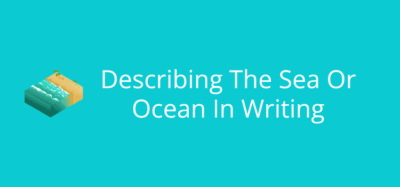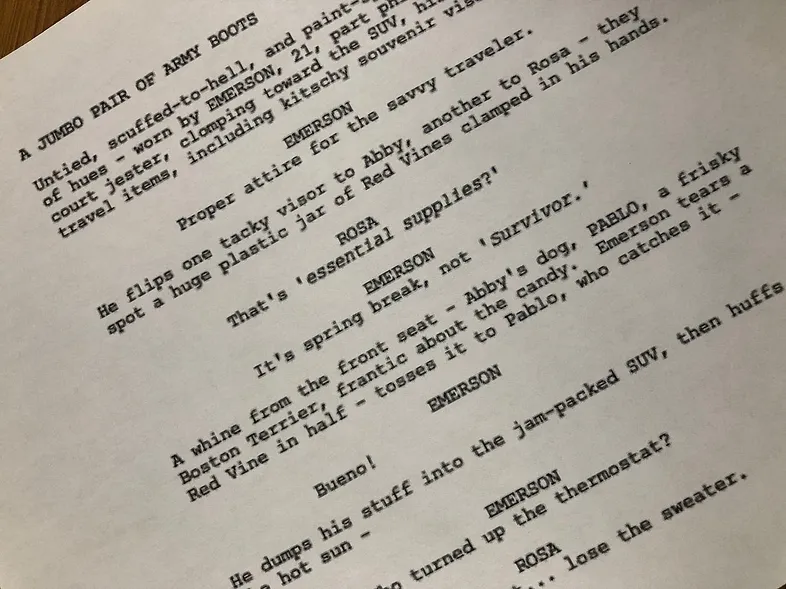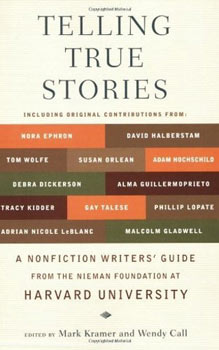
Unveiling Triumph: Naduni’s Poem That Redefines Victory Like Never Before
Have you ever felt a presence so profound it blurs the lines between reality and…
Exclusive Interview: Jennifer Crystal Reveals the Shocking Inspiration Behind One Tick Stopped the Clock
Ever wondered how a single tick bite can spiral into a 13-year odyssey of illness,…
Master the Art of Submitting: The Secret to Thriving as a Writer Without Burning Out
Ever felt like you’ve just whipped up the most spectacular dish imaginable—only to find yourself…
The Surprising Playbook Footballers Use to Master Writing—And How You Can Too
Ever watch a footballer tear it up on the pitch and wonder how in the…
Step Inside Shannen Wrass’s World: A Poem That Reveals Hidden Truths You Won’t Forget
Ever found yourself staring at the edge of an empty tear duct, wondering if sorrow…
Unveiling Dark Whispers: The Haunting Truth of “I Am An Old Scratch”
Ever find yourself tangled in the wilderness of a mind that’s part enigma, part restless…
Unlock the Dark Secrets Behind Creating Villains Readers Can’t Forget in Just Five Steps
Ever wonder why some villains haunt us long after we close a book, while others…
Unveiling the Secrets of Mother Ocean: A Poetic Journey by Robert Zumbrun
Ever wonder how a poem could mimic the wild tangents in your brain, all while…
Unlock Secret Writing Promotion Hacks Shy Writers Swear By!
Ever wonder if it’s possible to promote your writing without turning into the loudest voice…
Can You Crack This Week’s WritersWeekly Trivia Challenge? Test Your Knowledge Now!
Ever wonder why some contests just grab your attention while others fade into the background?…













![Unlock Hidden Ecommerce Profits: Master SEO Audits in 4 Simple Stages [+ Free Workbook]](https://writersdepot.org/wp-content/uploads/2025/07/unlock-hidden-ecommerce-profits-master-seo-audits-in-4-simple-stages-free-workbook.png)






















